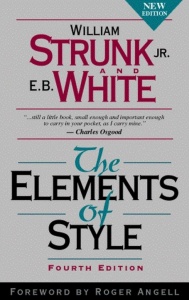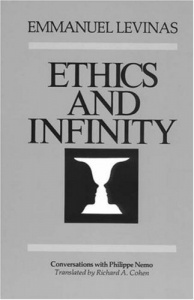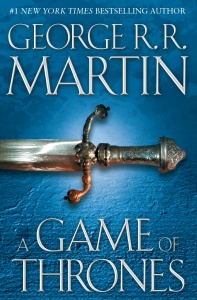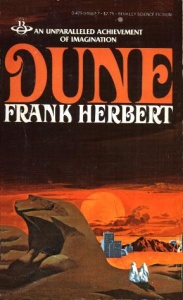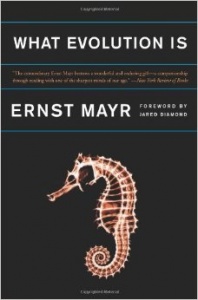Next up on our series of Five Books to Read Before You Graduate, Vantage asks biology instructor and self-professed geek Ronald Allan L. Cruz for his literary itinerary.
The Elements of Style by William Strunk, by Jr. and E.B. White
The Elements of Style is the handbook to “proper” American English writing, if you will, spread over four editions. Published way back in 1918, the book is full of prescriptive writing tools that focus on getting the writer’s point clearly and coherently across. In the words of Strunk himself, one must make “every word tell”.
“This is indispensable reading for anyone who has enough self-respect to wish to be able to write well in English…which should be expected of all Ateneans.”
Ethics and Infinity by Emmanuel Levinas
Or Conversations with Philippe Nemo as it is also commonly called, is a transcription of interviews conducted by French philosopher and historian Philippe Nemo with fellow philosopher Emmanuel Levinas. While it may be difficult for neophytes to philosophy to understand Levinas’ terms of the “Face,” the “Other,” and “Infinity,” the book is undoubtedly a universal must-read for those who appreciate the selfless themes and teachings of the Bible.
“Chalk this one up to my Ph 101/102 days under Dr. Leo Garcia. But it’s also an enjoyable and potentially life-changing book that, should you allow it to, will make your love of others more profound.”
A Game of Thrones by George R.R. Martin
The first in the series of novels, A Song of Ice and Fire, A Game of Thrones is a high-fantasy novel that talks about the struggle of the seven kingdoms for the domination of the Iron Throne. The book is split into three running storylines: “In the Seven Kingdoms,” “The Wall” and “In the East.” A myriad of complicated plots and characters, A Game of Thrones’s has spawned several spin-offs, such as a HBO television series and several games. Warning: Highly addictive.
“Epic fantasy at its best. At many times violent, A Game of Thrones is nonetheless brilliantly written. Start, of course, with the first book of the amazing series. And do it before the TV series catches up!”
Dune by Frank Herbert
Dune is an epic science fiction novel published in 1965 and followed by five other sequels. Set in a warring interstellar society under the Padishah Emperor, young citizen Paul Atreides accepts guardianship of the desert planet Arrakis. Since the planet is the only place where a particularly valuable spice can be found, Paul faces danger from covetous societies on all sides. Through its plot, the book explores sociopolitical, religious and ecological themes, as well as the complexities of human emotion. Dune is also considered one of the world’s best selling fiction novels.
“Dune is easily the Lord of the Rings of the science fiction genre, not only because of its scope but also because of the themes of heroism and destiny. Being perhaps the most important ecology-themed work of fiction, it’s also a fascinating example of world-building and a cautionary tale for our own desiccated world.”
What Evolution Is by Ernst Mayr
Though mainly a defense of Darwin’s explanation of biological evolution, What Evolution Is considers the questions of the evolution theory with our own understanding of how everything came to be, as well as how this has influenced the values and beliefs of modern man.
“I could have recommended Charles Darwin’s On the Origin of Species, but it’s not very easy reading and, while it comes from the master himself, it’s not updated with important information that rounds out evolutionary theory (e.g. molecular data). Ernst Mayr was one of the leading evolutionary biologists until his death in 2005, and this book is very easy to read and understand. Why evolution? It’s central to the study of life, and everyone should know more about it than what they watch in movies and TV.”



